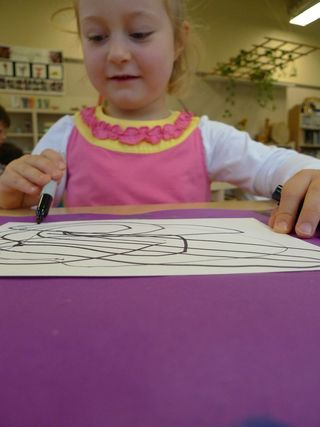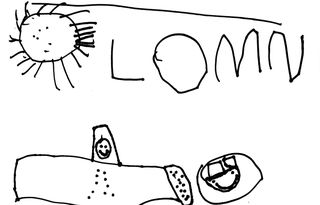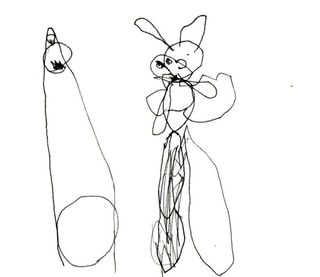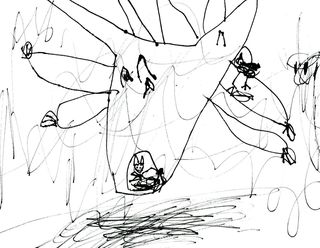Thinking About Our Thinking- Metacognition
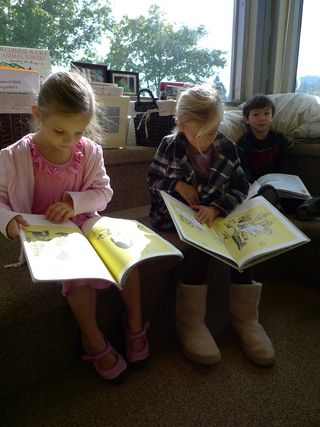
During Reader’s Workshop we are slowing down to think about our thinking, an important habit of mind known as metacognition. We are asking the children to notice what their brain is doing when we are reading and listening to stories. A particularly favorite story in our classroom, Will You Be My Friend, has given us a comfortable place to jump into some unfamiliar territory. After seeing the story acted out and then reading it we listened, to hear what our brains were telling us by wondering:

-What was happening in my brain when I listened to the story?
-What happened to my thinking when we read that part again?
-What am I wondering about?
The children then captured their thinking by illustrating their thinking.
-How can the pen help to show what I am thinking?
Andrew- I am thinking that that is an old apple tree and I am worried that it might fall down. Crash!
Calvin- Bunny and Bird might have another sleepover now and then Bird might invite Bunny over for a sleepover.
Cade- I was thinking that this apple tree could be in Sophia’s dad’s orchard.
Chloe- Bird was helping Bunny to make a new house. I helped Molly today.
Sophia- I was thinking that Bird needed help. I felt good when she flew down because her house was getting wet and Bunny was being nice.
When we slow down and ask the children to pay attention to what they are thinking we are helping them to be aware of what good reader’s do: make meaning of the stories they hear. We know that supporting children to build awareness of their own thinking is offering them opportunity to practice a powerful skill as they develop independence as readers. This skill will serve them well throughout their literary lives.

